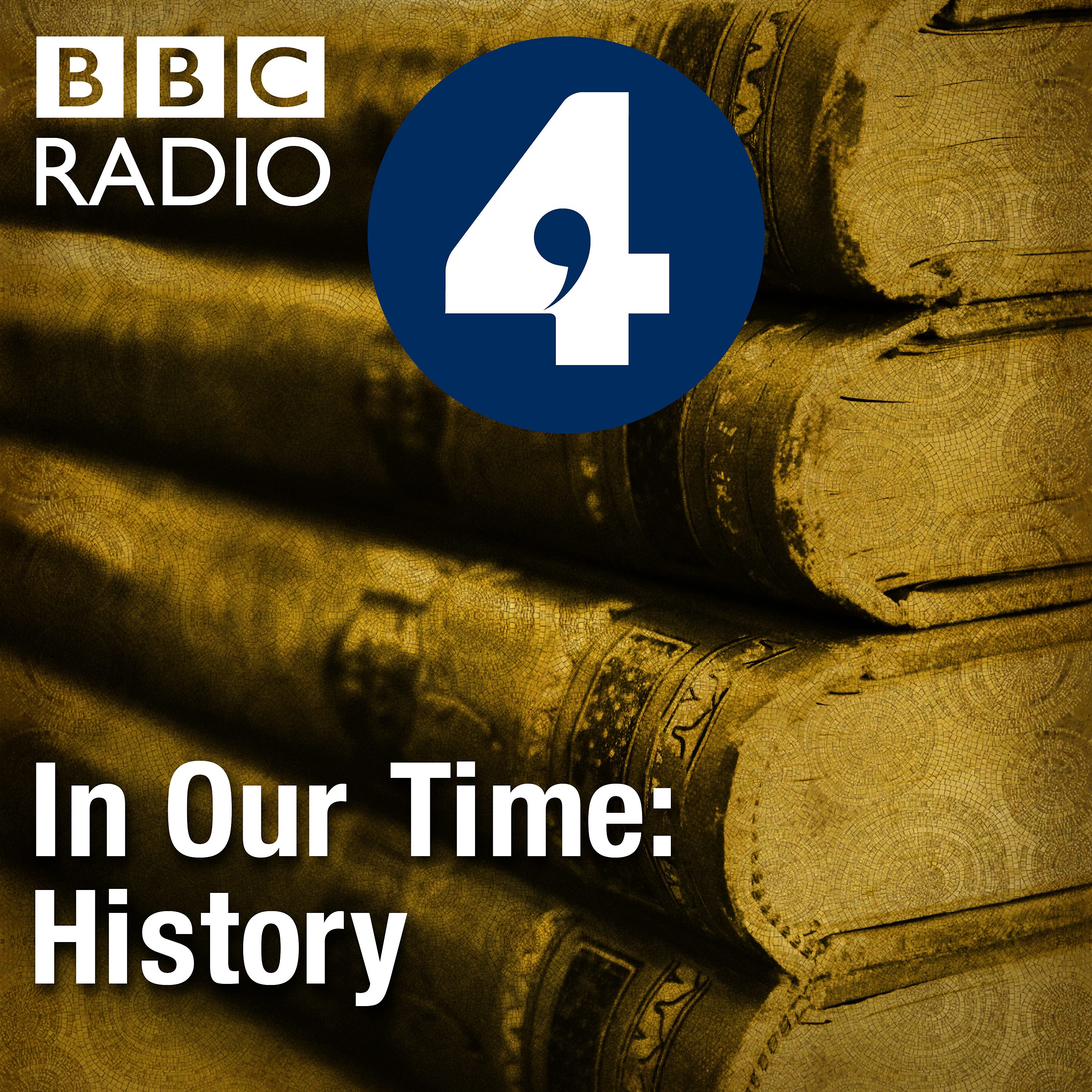The Interregnum
Description
Melvyn Bragg and guests discuss the period between the execution of Charles I in 1649 and the unexpected restoration of his son Charles II in 1660, known as The Interregnum. It was marked in England by an elusive pursuit of stability, with serious consequences in Scotland and notorious ones in Ireland. When Parliament executed Charles it had also killed Scotland and Ireland’s king, without their consent; Scotland immediately declared Charles II king of Britain, and Ireland too favoured Charles. In the interests of political and financial security, Parliament's forces, led by Oliver Cromwell, soon invaded Ireland and then turned to defeating Scotland. However, the improvised power structures in England did not last and Oliver Cromwell's death in 1658 was followed by the threat of anarchy. In England, Charles II had some success in overturning the changes of the 1650s but there were lasting consequences for Scotland and the notorious changes in Ireland were entrenched.
The Dutch image of Oliver Cromwell, above, was published by Joost Hartgers c1649
With
Clare Jackson
Senior Tutor at Trinity Hall, University of Cambridge
Micheál Ó Siochrú
Professor in Modern History at Trinity College Dublin
And
Laura Stewart
Professor in Early Modern History at the University of York
Producer: Simon Tillotson
More Episodes
Melvyn Bragg and guests discuss the most influential work of Thorstein Veblen (1857-1929). In 1899, during America’s Gilded Age, Veblen wrote The Theory of the Leisure Class as a reminder that all that glisters is not gold. He picked on traits of the waning landed class of Americans and showed...
Published 12/14/23
Published 12/14/23
Melvyn Bragg and guests discuss the North African privateers who, until their demise in the nineteenth century, were a source of great pride and wealth in their home ports, where they sold the people and goods they’d seized from Christian European ships and coastal towns. Nominally, these...
Published 12/07/23


